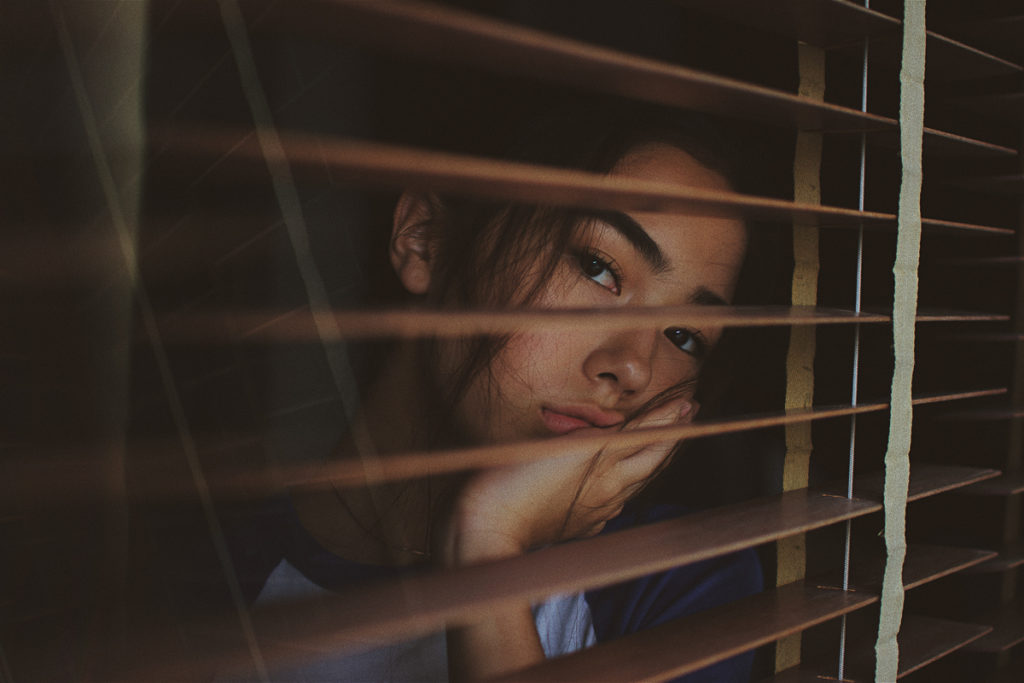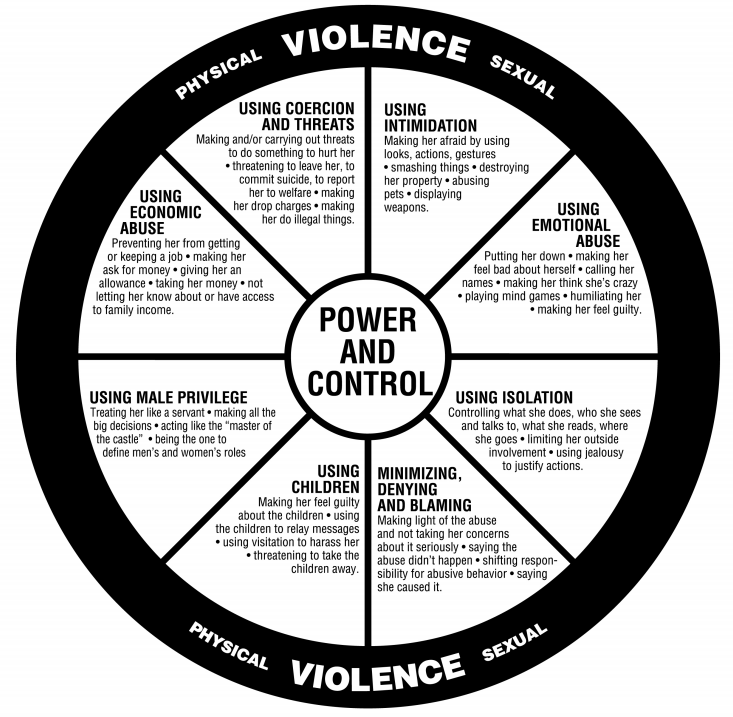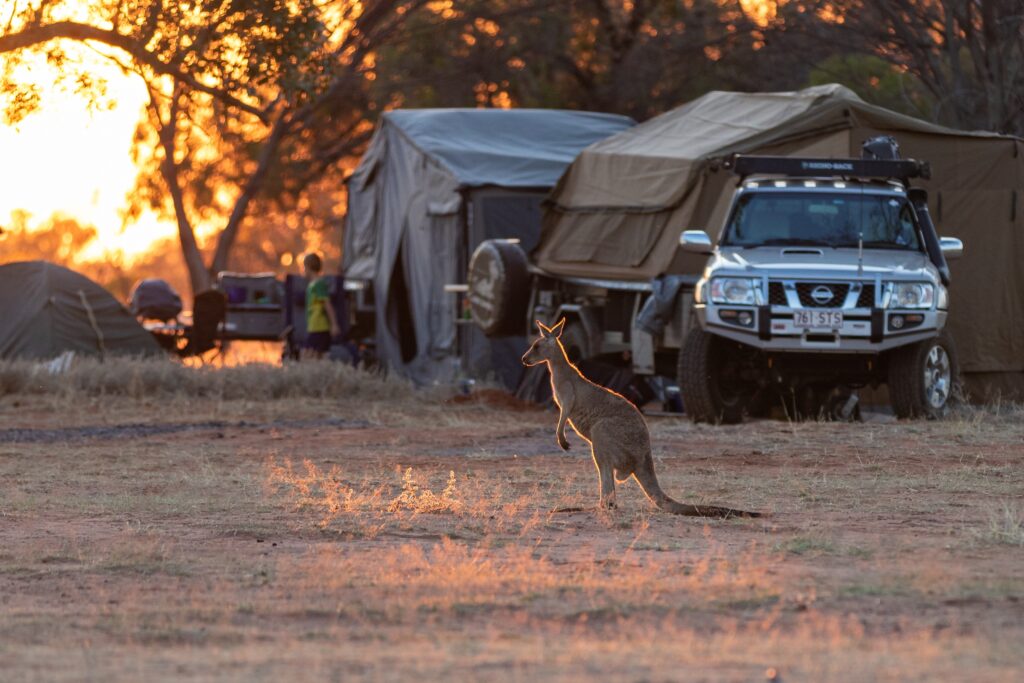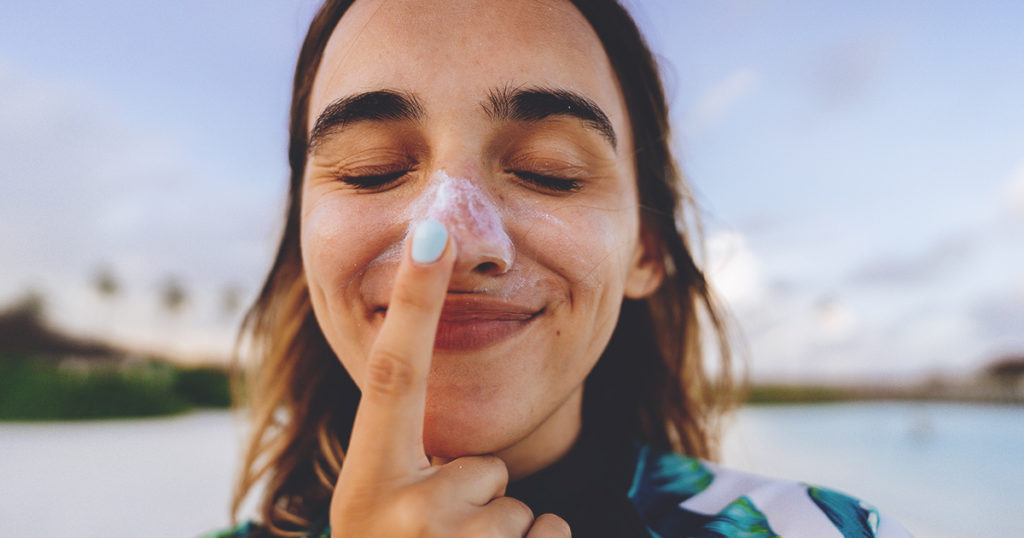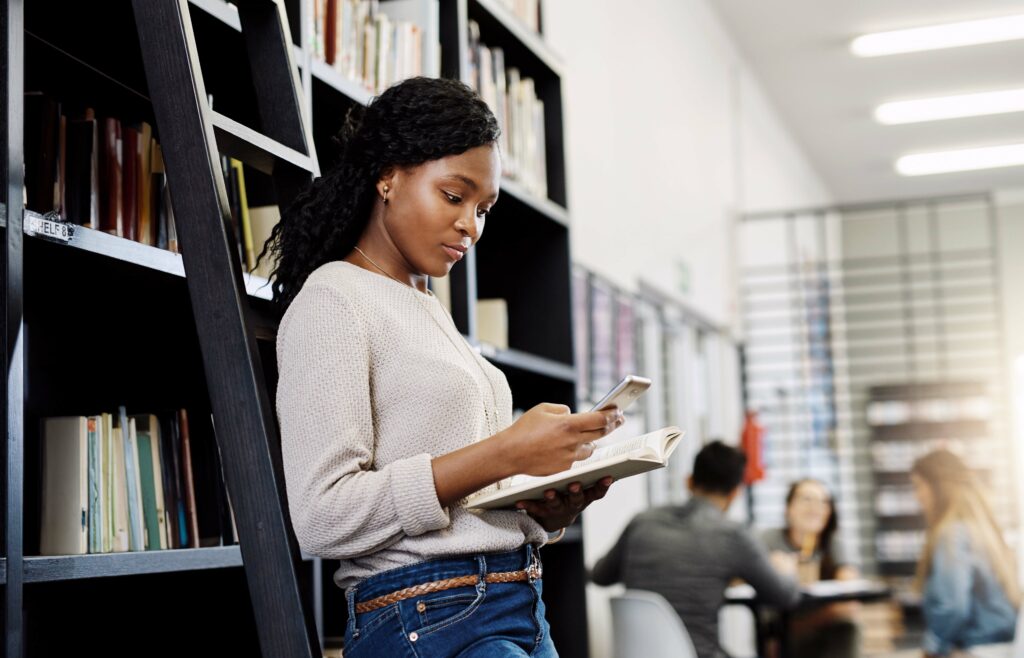Queensland has recently joined New South Wales in criminalising coercive control, marking a significant step in Australia’s efforts to address this less-recognised form of domestic violence. The subtle yet escalating nature of coercive control has made its dangerous effects challenging to detect, however, its impact on victims has prompted legislative action. South Australia is also moving towards similar legal measures, currently drafting laws to outlaw coercive control. Meanwhile, Western Australia has concluded a review recommending the strengthening of laws against coercive behaviour.
In any relationship, while it’s common for disagreements to occur, crossing into the realm of domestic abuse is never acceptable. Being international students, we hail from diverse cultural backgrounds with varying understandings of gender roles in a relationship and what constitutes an abusive partner. It’s important to recognise the warning signs of unacceptable partner behaviour and understand when a relationship turns toxic, or potentially abusive.
We thought it would be helpful to break down what constitutes domestic abuse and coercive control, how to spot the early signs, and where to find help for yourself or someone else in need.
What is domestic abuse?
Traditionally, domestic abuse is often thought of in terms of extreme physical abuse and violent outbursts, but it goes beyond to include emotional, verbal, psychological, and financial abuse. The United Nations Declaration on the Elimination of Violence against Women describes violence against women as any act of gender-based violence resulting in physical, sexual, or psychological harm, including threats, coercion, or deprivation of liberty, whether occurring in public or private life.
The Power & Control wheel is a particularly helpful tool in understanding the overall pattern of abusive and violent behaviours, which are used by an abuser to establish and maintain control over their partner. The diagram below uses she/her pronouns for survivors and he/him pronouns for partners. However, the abusive behaviour it details can happen to people of any gender or sexuality.
Coercive control
Coercive control is a form of domestic abuse that involves a pattern of behaviour by an abuser to control their victim through fear rather than, or in addition to, physical violence. It’s characterised by the exertion of power over another person’s life, isolating them from sources of support, exploiting them, depriving them of basic needs, and regulating their everyday behaviour.
As stated on the NSW Government website, examples of coercive control include:
- Isolating the victim from family and friends, making it difficult for them to maintain relationships or seek support outside the controlling relationship.
- Monitoring their movements, including tracking them via their phone or insisting they share their location at all times.
- Controlling access to finances, such as withholding money, limiting the victim’s ability to work, or monitoring their spending closely.
- Threats and intimidation, which could involve threats to harm the victim, their loved ones, or even pets, as well as destruction of property.
- Emotional manipulation, such as constant criticism, belittling the victim’s self-worth, gaslighting, or making them feel guilty for wanting autonomy.
- Cultural and spiritual abuse, like belittling their beliefs, blocking cultural event participation, restricting language use, and severing community ties.
How prevalent is domestic and family violence in Australia?
In Australia, the statistics on domestic and family violence paint a concerning picture, emphasising the urgency of addressing this issue. In Australia, it is estimated that one woman is killed by her current or former partner every week and 39% of women have experienced some form of physical violence from the age of 15. 27% of women and 12% of men have experienced violence from a current or former partner since the age of 15.
Three-quarters (75%) of all victims of domestic violence reported the perpetrator as male and 25% reported the perpetrator as female.
Laws around domestic abuse in Australia
Domestic violence is a crime in Australia and offenders can be prosecuted. Victims of domestic violence are protected under both federal and state/territory laws. If you’re facing domestic violence, you can immediately seek protection through family violence orders. These orders are designed to prevent further abuse by imposing restrictions on the abuser, such as prohibiting contact with the victim. For more details on how to apply for these orders, click on your state or territory:
- ACT – Domestic Violence Order
- NSW – Apprehended Domestic Violence Order
- VIC – Intervention Order
- SA – Intervention Order
- QLD – Domestic Violence Order
- WA – Family Violence Restraining Order
- TAS – Family Violence Order
- NT – Domestic Violence Order
It’s important to know that the laws around domestic violence do not discriminate based on your visa status. As an international student, you are protected by Australian laws and the Australian police and legal system are there to help you. Your visa will not be impacted if you seek support.
Where can I go for support?
If you are a victim of domestic violence and are in danger, call the police by calling Triple Zero (000) immediately.
You can seek help from your education provider’s support staff or counselling services if you need someone to talk you through the process and guide you on where to get help.
There are many services available to you if you’re facing domestic abuse, so speak up and seek help from friends or family around you. If you know of anyone who is suffering from domestic abuse, help them by encouraging them to seek support.
For assistance, you can contact the following organisations:
1800RESPECT
1800 737 732
24-hour national sexual assault, family and domestic violence counselling line for any Australian who has experienced, or is at risk of, family and domestic violence and/or sexual assault.
Lifeline
13 11 14
Lifeline has a national number who can help put you in contact with a crisis service in your state. Anyone across Australia experiencing a personal crisis or thinking about suicide can call 13 11 14.
Men’s Referral Service
1300 766 491
This service from No to Violence offers assistance, information and counselling to help men who use family violence.
Mensline Australia
1300 78 99 78
Supports men and boys who are dealing with family and relationship difficulties. Mensline provides a 24/7 telephone and online support and information service for Australian men.
Kids Helpline
1800 55 1800
Free, private and confidential, this telephone and online counselling service is specifically for young people aged 5-25.
Relationships Australia
1300 364 277
Support groups and counselling on relationships, and for abusive and abused partners.
Suicide Call Back Service
1300 659 467
Free counselling 24/7, whether you’re feeling suicidal, are worried about someone else, or have lost someone to suicide.
National Disability Abuse and Neglect Hotline
1800 880 052
An Australia-wide telephone hotline for reporting abuse and neglect of people with a disability.
Originally published in 2020, authored by Varsha Devi.


